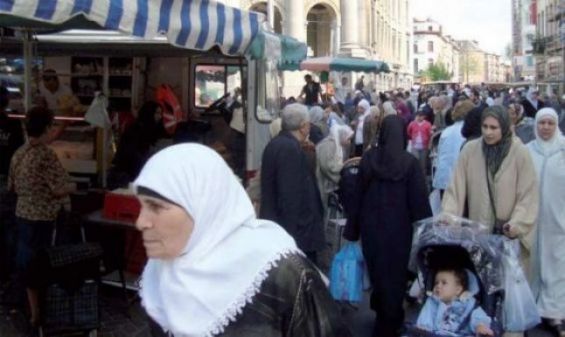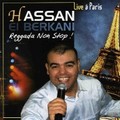Statistics Netherlands, a Dutch governmental institution that gathers statistical information about the country, released its annual integration report this week, giving an overview on the development of people with a migrant background and Dutch people in the country.
The report describes the development of integration until 2019, insisting that the impact of the Covid-19 pandemic and related measures on the Dutch economy and society is not included.
Thus, «in recent years, the participation of people with an immigrant background has significantly increased and the dependence on social assistance has decreased more compared to that of people of Dutch origin», Centraal Bureau voor de Statistiek wrote. «Children with an immigrant background are more likely to receive senior school counseling than ten years ago. These developments in the field of education and the labor market are an important measure of integration», it added.
According to the report, the participation in the labor market of people of Turkish, Moroccan, Surinamese or West Indian origin, with an immigrant background «increased during the period 2015-2019». The same source recalls that «during the previous economic crisis, these groups were hit hard when it comes to the labor market».
Access to the labor market and school boards for Dutch-Moroccans
Compared to the group of people of Dutch origin, the labor market participation of groups of people with an immigrant background has even «increased more rapidly», data show. However, it remains low compared to people of Dutch origin. Thus, although the percentage of Moroccans aged 15-75 who enter the labor market increased from 54.2% in 2017 to 56.5% in 2019, it remains down compared to the rate recorded for the year 2018, when it reached 57.4%.
Regarding education, «more and more children of Turkish, Moroccan or Surinamese origin» receive HAVO / VWO school councils. «For these groups, the proportion of children benefiting from a HAVO / VWO school counseling increased significantly more than in the group of Dutch origin», the report showed.
However, the «participation in the labor market after obtaining a degree» among people with an immigrant background is on average «lower than that of graduates of Dutch origin».
Official numbers also show that 33% of students of Moroccan origin benefited from school counseling last year compared to 51% of non-immigrant students. The two rates seem to increase by 1%, but that among Moroccan students stagnated between 2017 and 2018 at 32% before increasing again last year.
Crime and family life
The annual report also refers to crime data. «Despite the decline for several years for all the ethnic groups studied, people with an immigrant background are still over-represented in these figures», the report explained.
«The overrepresentation in crime figures is largely linked to the less favorable position in the field of education and the family structure of groups of mainly non-Western origin», it added, specifying however that «young adult men from the second generation Moroccan immigration are an exception».
Thus, «even if the basic characteristics examined in this study are taken into account, they are more likely to be condemned than their peers of Dutch origin», researchers said. This explains the probability of being sentenced at least once at ages 18 to 22: the male conviction rate varies from 15.4% and 26.8% for Moroccans, resulting in higher rates than other groups studied.
The report also underlines that older people of Turkish or Moroccan immigration are less likely to be childless, more likely to share their house with their children and live relatively closer to their children than older people of Dutch origin.





 chargement...
chargement...













